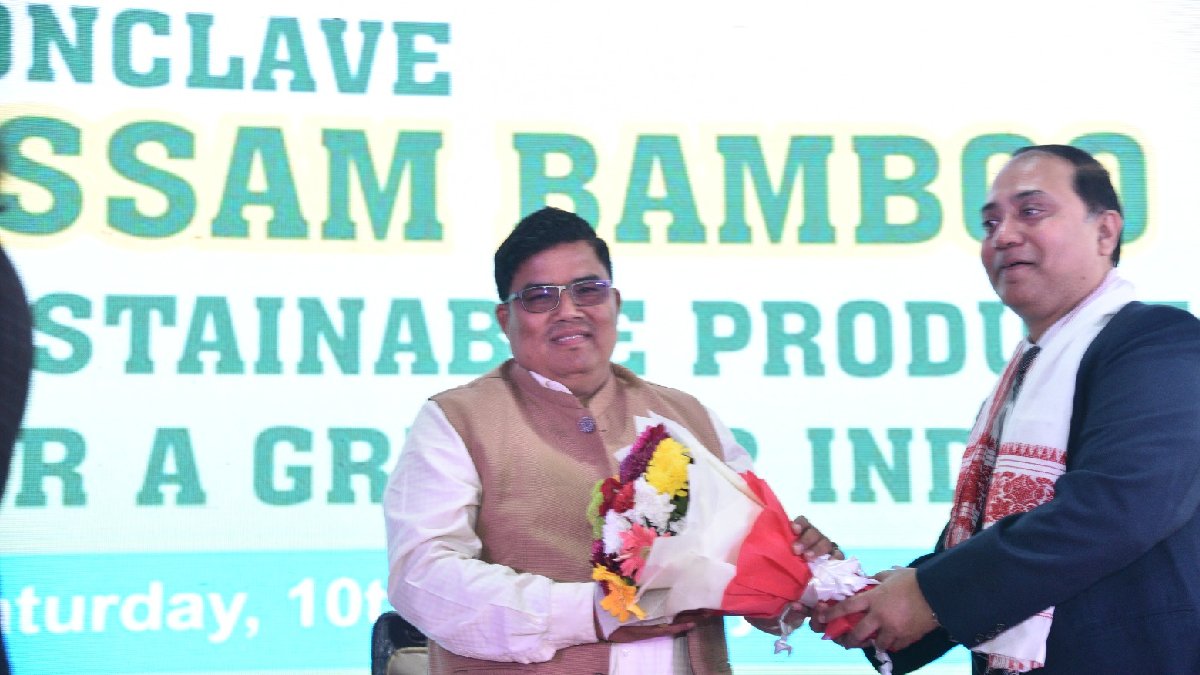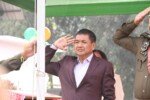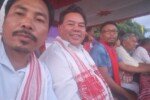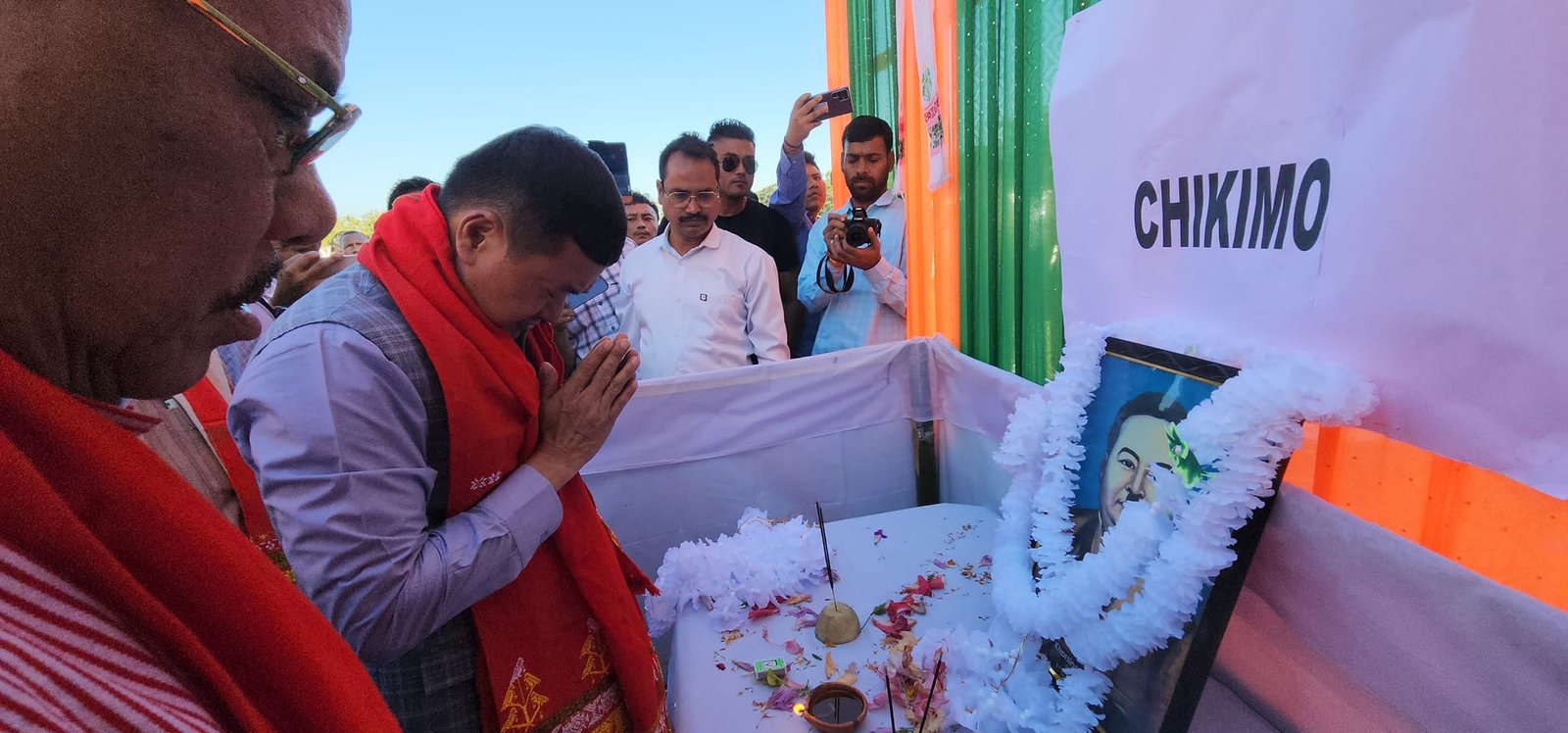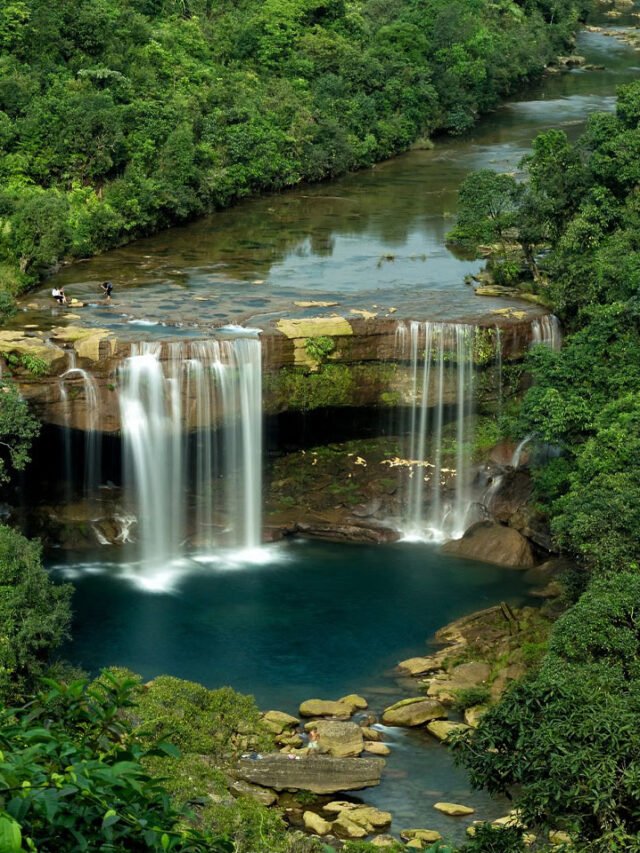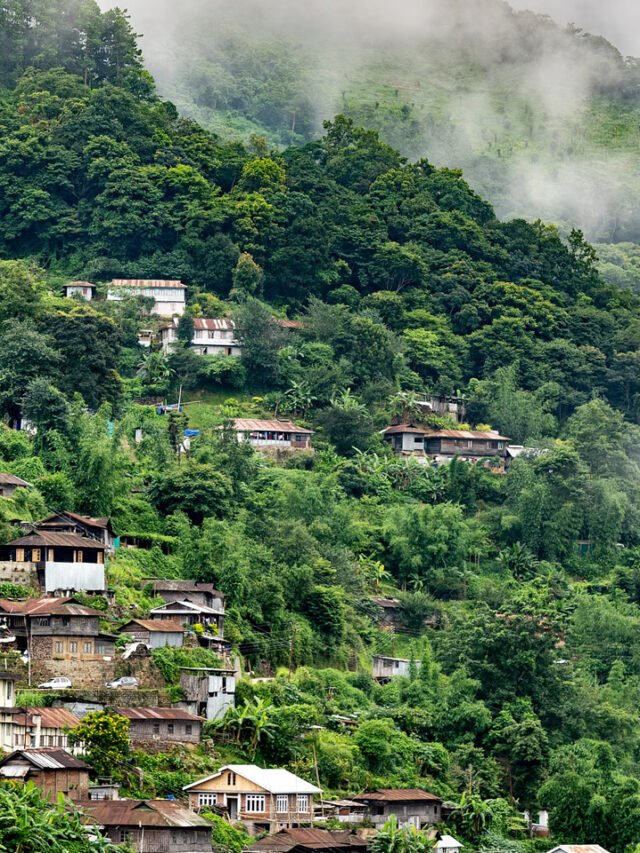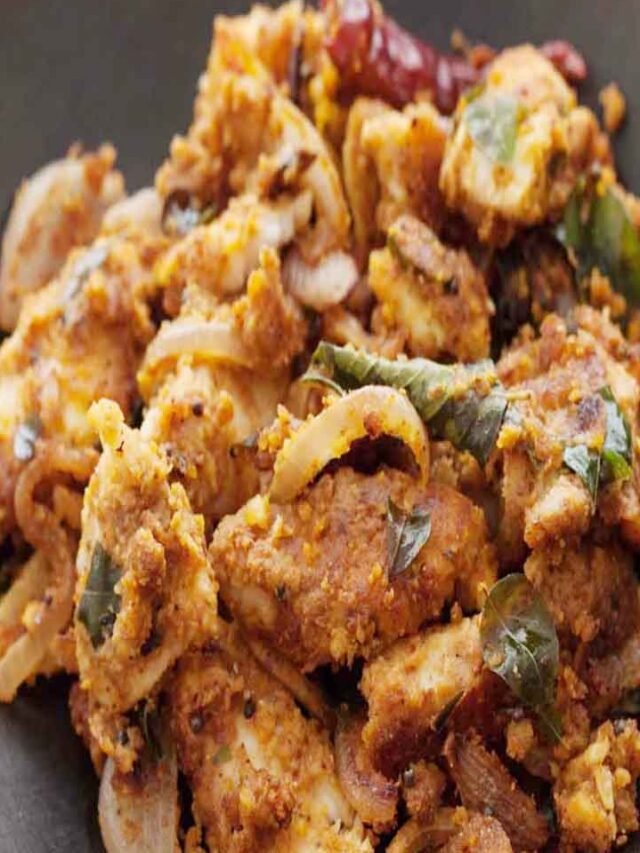HT Bureau
DIPHU, Nov 17: The 73rd Karbi Anglong Day celebration started here at Taralangso on November 16 to commemorate the founding of Karbi Anglong district (formerly known as Mikir Hills district). The 3-day celebration will showcase the rich cultural heritage of the region inhabited by different ethnic tribes and communities.
The main highlights of the event are the cultural exchange of the ethnic tribes of the Sixth Scheduled Autonomous Councils of Northeast India, an ethnic culinary exhibition, showcasing of traditional weaving and traditional bamboo, wood and cane craft exhibition.
As part of the celebration the Chief Executive Member (CEM) of Karbi Anglong Autonomous Council (KAAC), Tuliram Ronghang hoisted the national flag at Taralangso, followed with homage to departed leaders. He was joined by KAAC Chairman, Raju Tisso; MLAs Darsing Ronghang, and Bidyasing Engleng and Executive Members (EMs) and Members of Autonomous Council (MACs).
Participating in the Open Session, the CEM said, “The district was founded on November 17, 1951. It was initially called the United Mikir and North Cachar Hills district and later rechristened as Karbi Anglong district. The Karbi Anglong Day to commemorate the founding of the district started last year. Our Chief Minister, Himanta Biswa Sarma has conveyed his wishes on the Karbi Anglong Day celebration and I expressed my gratitude to him.”
The ‘United Mikir and North Cachar Hills District’ came into existence after the 1951 census and was inaugurated on November 17, 1951. In 1970, it was split into the Mikir Hills and North Cachar Hills districts.
On October 14, 1976, the Mikir Hills district was renamed the Karbi Anglong District, and Diphu became its headquarters. The district is autonomous under the Sixth Schedule of the Indian Constitution.
Past leaders like Semson Sing Ingti, Sarsing Teron (Langkung Habe), Khorsing Terang, Song Bey, and several others were pioneers leading to the creation of the Karbi Anglong district.
The CEM also expressed that in Karbi Anglong there are different ethnic tribes and communities living together respecting each other’s culture, language and tradition.



